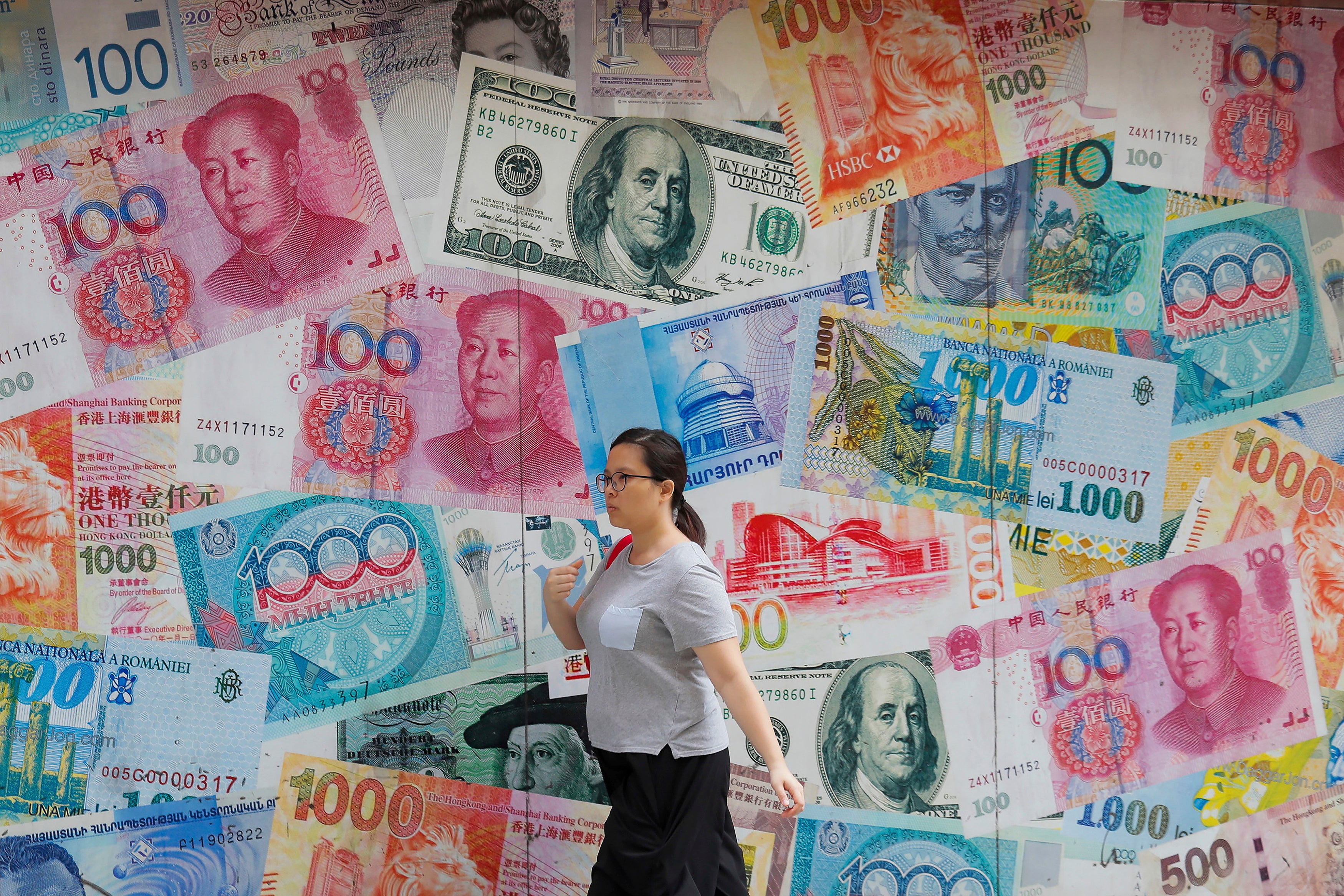We have to learn the lessons of the past over sanctions
Sanctions may work if the west holds its nerve but we must not forget the need for post-conflict rebuilding, argues Phil Thornton


What tanks are to generals, so sanctions are to economists. As Russia launched its invasion of Ukraine, it pressed the button on what former US president Woodrow Wilson called the “economic weapon”.
And after a hesitant start by governments – with the UK’s condemned as “tepid” in some quarters – they have significantly ratcheted up the scale of measures.
The G7 has placed sanctions on Russia’s central bank and removed some of the country’s lenders from the SWIFT global financial messaging system. It has imposed sanctions on officials and oligarchs.
These measures will cause severe economic pain in Russia. Its currency and stock markets have tumbled and an inability to raise capital will leave it reliant on its estimated $650bn of reserves, half of which are held in the west and so subject to sanction.
Entertainment companies have joined in with Fifa and Uefa, suspending all Russian football clubs and national teams from their competitions, and Formula 1 has cancelled the Russian Grand Prix. Even the Russian-accented Compare the Market meerkat will no longer be seen in adverts around news programmes.
But will these actions have the desired effect of forcing Russia to back down? The record of past sanctions would indicate not. Certainly, the message of a new book, The Economic Weapon, published this week, is that the history of sanctions is largely a history of disappointment.
While the incidence of sanctions had doubled between the 1990s and 2000s and the previous four decades – and doubled again by the 2010s – their impacts are questionable. “While the use of sanctions has surged, the odds of success have plummeted,” concludes author and historian Professor Nicholas Mulder.
But there is a growing consensus that this time is different. There are four reasons that give a sound basis for hope. The first is that the purpose of sanctions is as much to send a message to the coerced as it is to act. This time the response has been coordinated and unified.
The second is that the west has shown it is prepared to follow through on sanctions, even if they will cause pain at home. Measures that either restrict access to or make it harder to buy Russian oil and gas will push energy prices and inflation at a time when many households are suffering.
Governments believe their populations will suffer the impacts in acknowledgement that Russia’s behaviour must be challenged. As Professor Jagjit Chadha, director of the NIESR think tank, puts it: “We imposed lockdowns to contain a virus, we can introduce sanctions to contain Russian aggression.”
The third is that sanctions are an alternative to a full-blown European or global conflict, which would cause a vast and probably unknowable economic impact. This was at the heart of President Wilson’s vision for creating the League of Nations in 1919.
While conflict has sadly bypassed sanctions many times since, the existence of the Nato coalition of countries bordering Russia means the west is keen to avoid anything that would be seen as an excuse for Putin to launch a third world war. Which is the reasoning behind the launch of economic rather than ballistic weapons.
Finally, globalisation has extended the impact of effective sanctions, especially financial ones. Given that Russia is a large economy deeply integrated into global markets and the financial system, the consequences of kicking Russia out of SWIFT and freezing the central bank’s assets are profound.
Muscovites have found Google and Apple payments do not work to buy metro tickets. Ordinary Russians could well lose confidence in the banking system. If there is a run on the banks, without access to reserves the government may have to impose capital controls.
This will not be a short economic war and the west needs to hold its nerve. But, more importantly, it must look to use economic weapons positively, just as in the Second World War, when the US began funding the war efforts of other countries from 1941.
The IMF and World Bank last week unveiled $5.5bn of finance for Ukraine but governments will have to join in – with a spending package including billions of dollars in aid for Ukraine working its way through the US Congress. The west must also use trade better.
Professor Simon Evenett at the St Gallen Endowment for Prosperity Through Trade has shown that EU, UK and US commercial policies have failed to support Ukrainian export growth since the annexation of Crimea in 2014. “Should Ukraine survive its current travails in a meaningful form, and should western nations revisit the role that trade can play in deterring future conflict, then adopting a coherent mix of commercial policy support measures and sustaining that support is vital,” he says.
At some point the military conflict will end and an economic offensive must begin.






Join our commenting forum
Join thought-provoking conversations, follow other Independent readers and see their replies
Comments